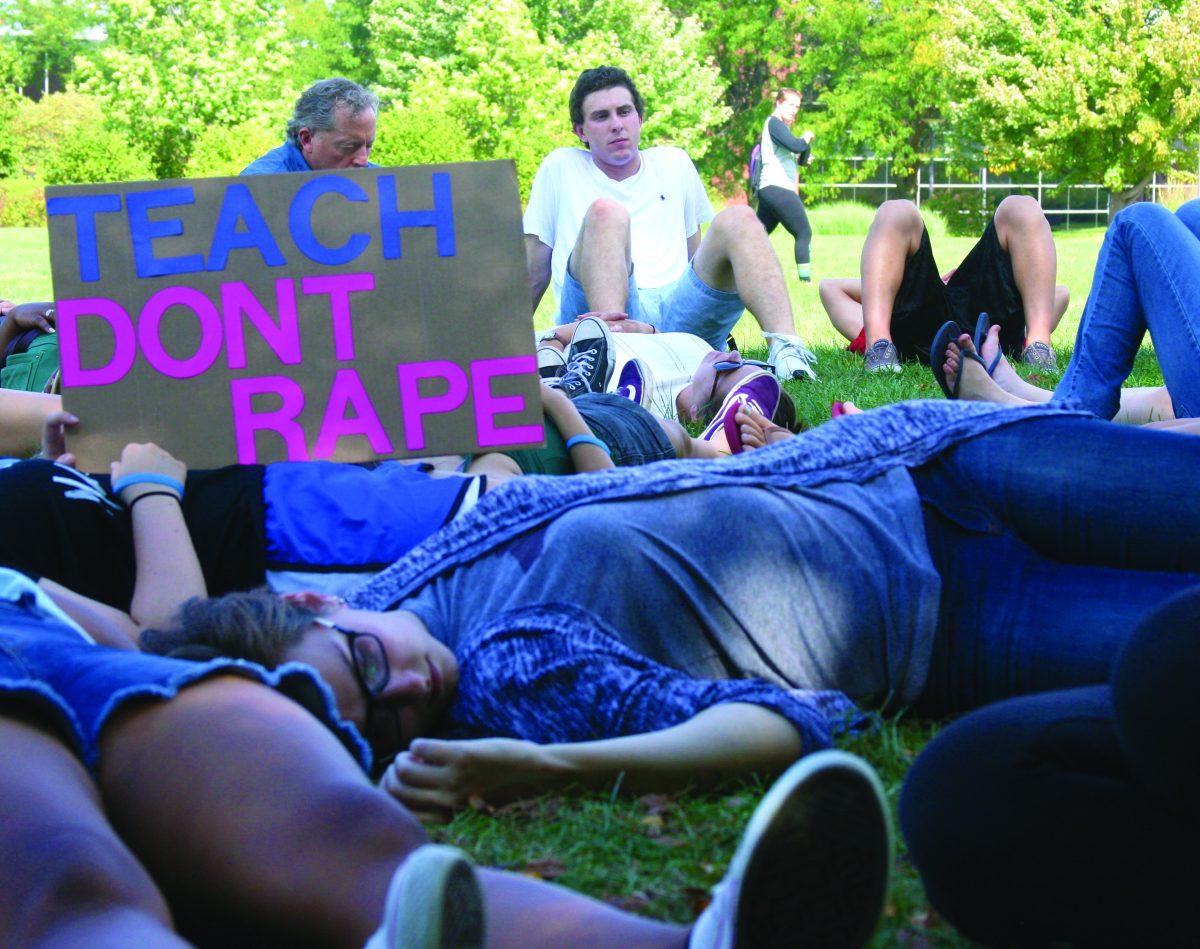BY KOLTON KNAPP
“We all go a little mad sometimes.” This memorable movie line, uttered by Norman Bates in the movie Psycho, rings shockingly true in society and on college campuses. What does it take for a peaceful protest to turn into a violent riot? Ben Shapiro, an American conservative commentator, presented a controversial speech at the Berkeley school of Law in California, a speech that garnered a variety of protestors. This protest, while it did not turn excessively violent, resulted in the arrests of nine individuals on state property. Flipping through news channels, individuals are bound to spot riots. Some might be tempted to think, “These riots don’t affect me at all.” What happens when a riot does affect you? What do you do then? How does protesting something someone doesn’t believe in result in a maddening slur that hurts people?
America was founded on the opinions of people, and America continues to be plowed by the ideals of each new generation. As Americans, citizens are allowed rights so many other nations are denied. Expressing our distinct opinion is a right that everyone should have, yet even in America one can see vividly the fight against this right. At the University of Oklahoma, a professor impersonated an African-American nurse for Halloween and was fired as a result. While her actions were extremely offensive and abrasive, the University had no right to fire the professor. Neglecting to condemn an individual’s actions is not the same thing as condoning their behaviors, and this is a concept the University clearly did not understand.
Everyone has a right to say what they want to say. To counter this, however, everyone has the right to protest what others may say. As a student body, individuals can feel confident in their abilities to stand up for their unalienable rights and to protest acts they don’t agree with. Protests are not merely shouting an opinion in the hopes that perhaps, if one might raise their voice loud enough, they will be heard. Protests are an attempt to make the world a better place. How does this affect students on campus? Drake students can feel at liberty to express their opinions, and inform others when they see a violation of peace affecting innocent people. Under no circumstances should a protest result in violent acts being committed against those who do not view the world in the same light.
Drake experienced an act of racism recently, when an individual defaced campus property and inscribed a racial slur on a student’s whiteboard. This is a prime example of what the first amendment does not justify. Vandalism, violence, and threats are not protected by the government, and the citizens of the United States do not ask the government to protect such acts.
Protests should never result in riots. Protecting our freedom of speech, the first amendment stands by our side as a lamp post guarding our liberties. Because of the first amendment, some people tend to grow insensitive. While citizens do have their first amendment rights, they need to think about how their words will affect those around them, keeping in mind that no matter what they believe, there is always another side to the argument. Being American is not just defined by who the founding fathers were and how they won freedom. Being American is what we, as citizens, choose to do when we are given the option to create a better world for us and our loved ones.
Nobody can tell an American how to think, so feel free to dislike Taylor Swift or any other celebrity for that matter. Nobody on earth can ever make you love a song you despise, or force you to read when you’d rather just watch Netflix. As American citizens, we have the right to say what we want to say, and go where we choose to go. Look what you made me do? Honey, nobody can make you do anything you didn’t already want to do.







